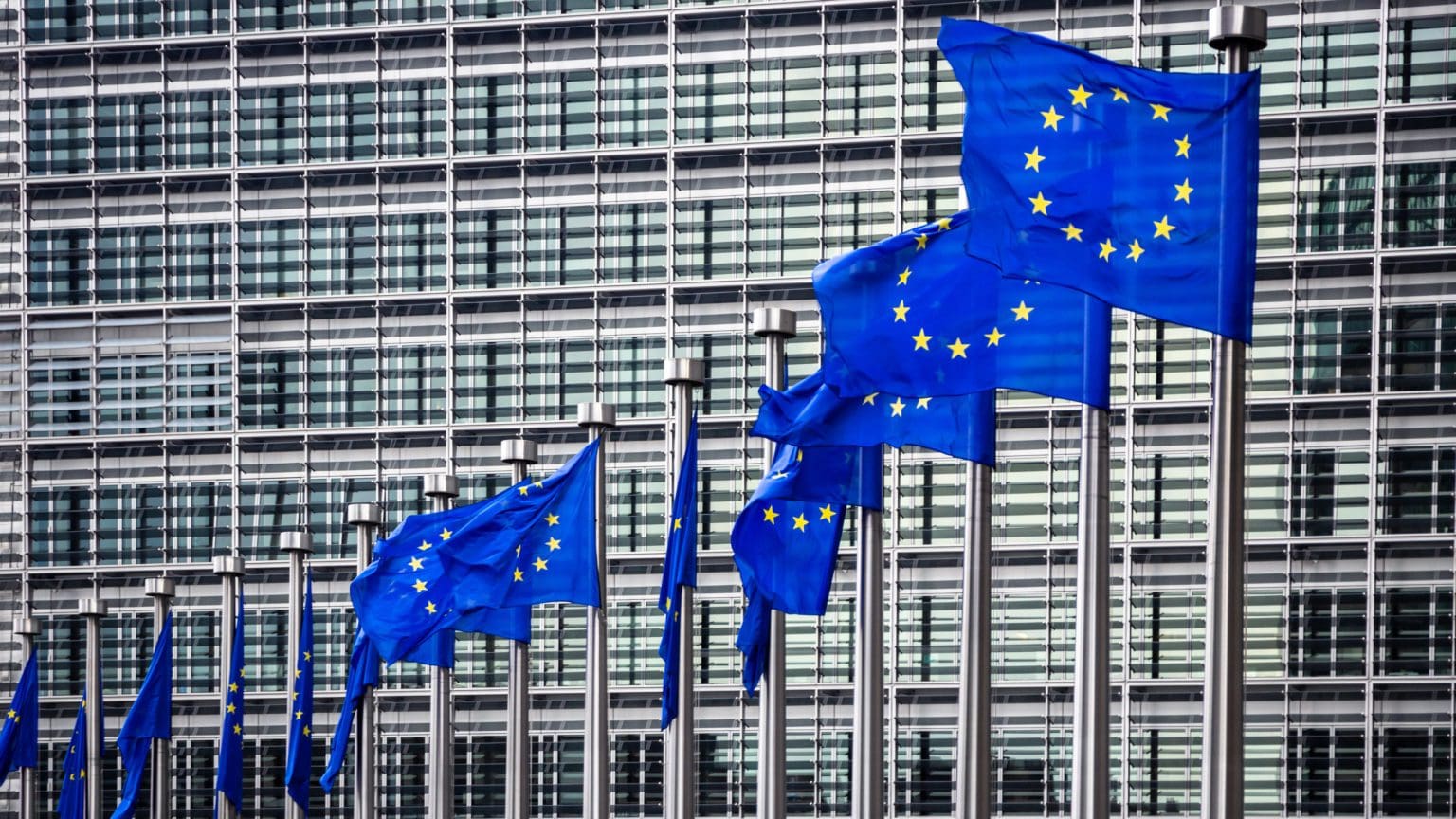The annual Rule of Law Report by the European Commission published on Wednesday, 5 July addresses several key points regarding legislative reforms and various concerns related to the rule of law in Hungary. These reforms aim to comply with justice-related recommendations, including those from the previous Rule of Law Report, the European Semester, and commitments in Hungary’s Recovery and Resilience Plan.
Specifically,
these new acts include strengthening the role of the National Judicial Council, enhancing transparency in the Supreme Court’s functioning,
and aligning criminal proceedings with EU law requirements. However, some concerns remain regarding the lack of transparency in case allocations in lower courts.
Regarding anti-corruption efforts, Hungary is preparing a new National Anti-Corruption Strategy and has established the Integrity Authority to oversee EU funds’ spending. Prosecutorial decisions related to corruption are subject to review by the courts, but it is not yet binding. According to the EU Commission’s findings, the lack of a robust track record in investigating corruption allegations involving high-level officials and their close associates still remains an issue. Limited progress has been made in financial disclosures, lobbying and revolving doors reforms, as well as political party and campaign finance regulations.
It goes on to opine that some concerns persist regarding media pluralism as well, including issues related to the independence of the media authority and the editorial and financial independence of public service media. No measures have been taken so far to regulate the allocation of state advertising to media outlets. While physical attacks on journalists have not occurred, smear campaigns and the targeting of investigative journalists and media professionals with spyware may have, as the recently released document alleges.
The unpredictable regulatory environment and extensive use of the government’s emergency powers have undermined legal certainty and affected businesses in the single market. The impact of new rules on formal public consultations is yet to be assessed. The Constitutional Court, composed of members elected by parliament without judiciary involvement, can no longer be seized by public authorities but can review final decisions of ordinary courts. The ineffective implementation of European court judgments by state authorities and obstacles facing civil society organisations also drew criticism from the Commission.
Overall, the document highlights a slew of the European Commission’s ongoing concerns regarding the rule of law in Hungary.
While the country has introduced legislative reforms and anti-corruption measures, there are persistent challenges in areas such as judicial independence, media pluralism, legal certainty, and civil society rights. It is crucial for Hungary to address these concerns and ensure the protection of the rule of law, democratic principles, and fundamental rights for the well-being and stability of the country, as per findings of the EU Commission’s annual report.
Related articles:








